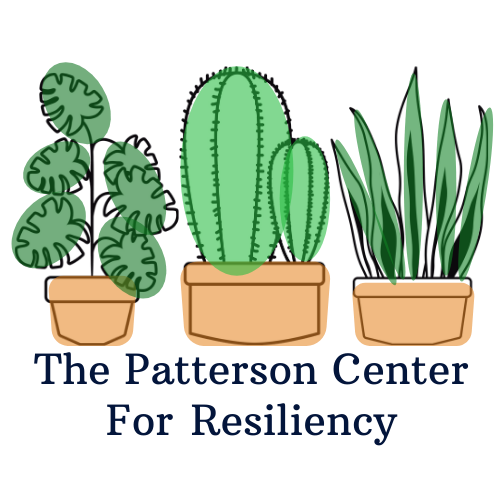
Trauma Systems Therapy
Connecting your family to health and wholeness.
Trauma Systems Therapy
Trauma Systems Therapy was developed by New York University in the 2000s as way to support traumatized youth in their environment, such as at home and school. Research supports TST for use in children and youth ages 5 to 21 years old. TST depends on the participation of the adults in the youth’s lives, such as family, teachers, and other providers.
TST helps support youth and their families who have experienced a wide array of traumatic situations and now present with complex, challenging symptoms. For many youth in TST, they have experienced chronic, complex trauma such as:
Foster care or kinship placement
Psychiatric hospitalization
Chronic emotional or verbal abuse
Parental abandonment
Sexual abuse, incest, or rape
Physical abuse
Neglect from caregivers
TST is offered as part of our Intensive Trauma Treatment Program for youth and adults ages 12+.
Three parts to the journey.
TST begins with a lengthy assessment phase to identify your child’s unique needs, triggers, and treatment options. From there, your child and family may enter treatment in any of the three phases of the program.
Safety Focused: Youth who enter treatment at this phase have symptoms and behaviors that may cause them to be unsafe, such as self-harm, running away, or suicidal thoughts. Your family may require additional sessions to help support the child in becoming safe again.
Regulation Focused: In this phase, youth are engaging in relatively safe behaviors although may continue to have challenging symptoms, such as depression, panic attacks, trouble sleeping, arguing, and academic challenges. Your family and providers will focus on helping the youth to regulate their nervous system, develop coping skills, and feel safe and secure in their environment again.
Beyond Trauma: In this final phase, youth process the trauma that has happened to them with the support of their treatment team and caregivers. Youth and families may find that throughout this phase, their appointments decrease and they begin to return to more “normal life,” such as dating, spending time with friends, participating in extra curricular activities, and going to school functions.
Future goals.
Upon graduation from TST, many youth and families will continue to participate in weekly or biweekly individual and/or family therapy to begin working on subjects such as developing their identity outside of their trauma, managing more complex relationships, negotiating roles as an emerging adult, and creating post-high school goals.
During this time, youth will keep their same individual and family therapist as appropriate. Many youth continue to receive supports at school, from their pediatrician, and from a psychiatrist outside of our office.



